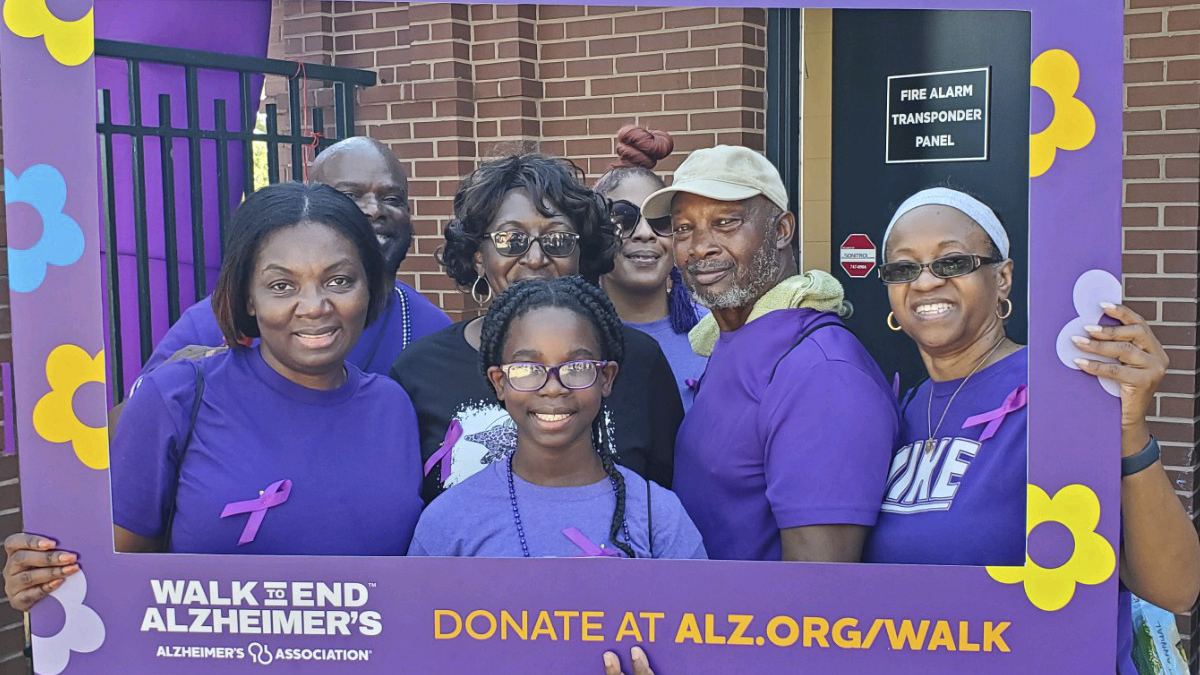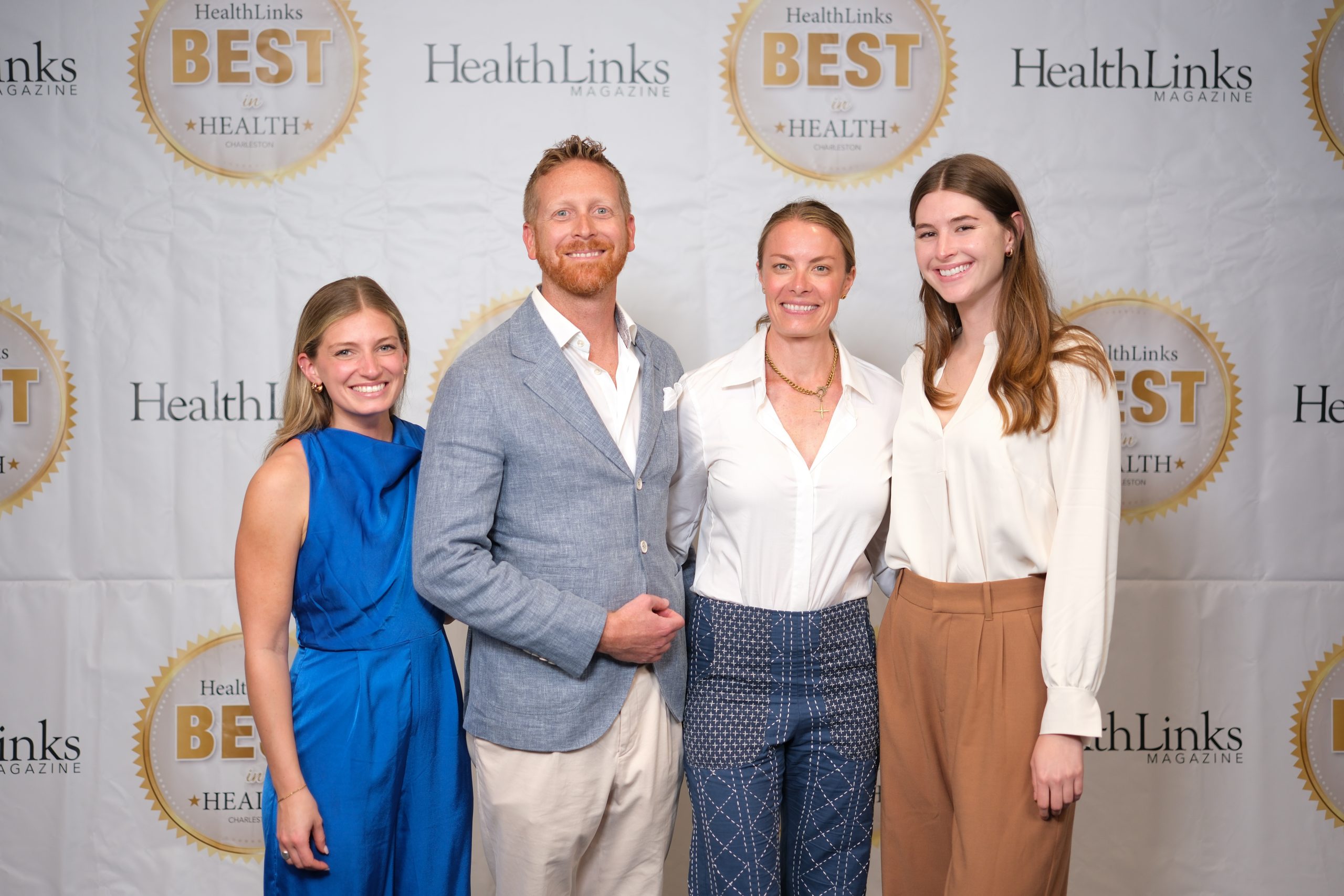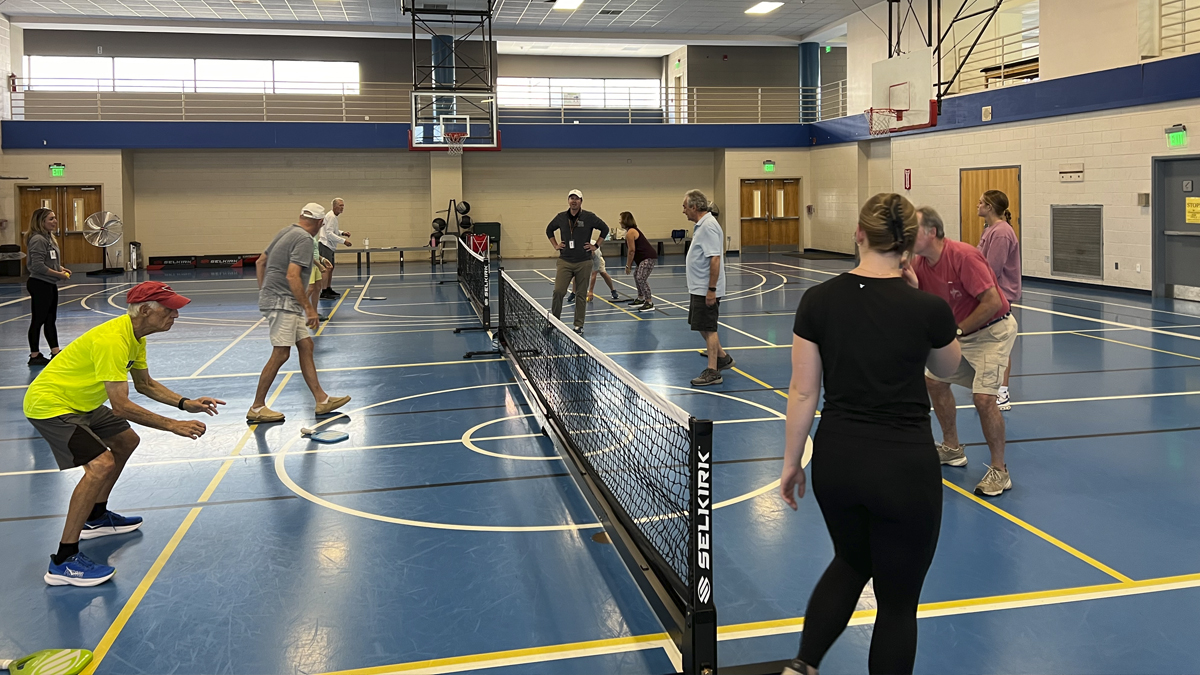Incredible progress is being made in Alzheimer’s and dementia research, creating promising new treatments for people living with the disease. Amid this emerging landscape, the Alzheimer’s Association is here to help families navigate new treatment options, learn time-tested caregiving strategies and connect with much-needed support for the dementia journey.
Exciting developments have led to the approval of FDA treatments, such as Kisunla™ and Leqembi,® that effectively slow the progression of cognitive decline, particularly in its earliest stages, making a timely diagnosis critical to receiving treatment.
“For individuals who are eligible, these treatments mean more time for independence, family and friends, and fully participating in daily life,” said Beth Sulkowski, vice president of communications for the Alzheimer’s Association, South Carolina Chapter.
“If you or someone you know is experiencing memory or thinking problems, it’s important to get checked. Talk to your doctor so you can make informed decisions on available treatments to determine if they are right for you.”
Despite this momentum, the work is far from over. As the largest nonprofit contributor to dementia research, the Alzheimer’s Association is dedicated to advancing the battle against Alzheimer’s while continuing to maximize care and support for all impacted.
“Individuals and families are still impacted by this life-altering disease and need support and resources for what can be a long and challenging road,” said Sulkowski. “No one should face any form of dementia alone.”
South Carolina has over 112,000 individuals aged 65 and over grappling with Alzheimer’s. The Association is steadfast in providing free guidance and support to those facing any type of dementia. This encompasses a nationwide 24/7 helpline at 800-272-900, support groups and educational programs available online and within local communities.
Research shows that adopting healthy habits may reduce the risk of cognitive decline. One prominent report suggests that addressing modifiable risk factors may prevent or delay up to 40 percent of dementia cases. Based on this evidence, the Alzheimer’s Association encourages individuals to incorporate these healthy, preventative habits into daily life, including being smoke-free, exercising regularly and managing weight, blood pressure and diabetes.
Additional healthy habits include:
Keep your mind busy by learning new skills that challenge your brain and support neuroplasticity. Pursuits such as reading or taking classes can reduce the risk of cognitive decline.
Protecting your head by wearing helmets during activities such as cycling, motorcycle riding or equestrian pursuits can help prevent or decrease the severity of head injuries, which are linked to an increased risk of Alzheimer’s.
“Advances in treatment have brought us closer than ever to putting an end to Alzheimer’s, but none of this would be possible without the support of our communities,” said Sulkowski. “By generously sharing time and resources, our supporters across South Carolina have helped bring about this pivotal moment. We must keep fighting, and everyone can do something to help move the needle for the cause.”
Participate in the Walk to End Alzheimer’s, volunteer as a community educator, support group facilitator or advocate to contribute to the fight against Alzheimer’s. Find out more about these rewarding opportunities at alz.org/sc.
By Amy Gesell






